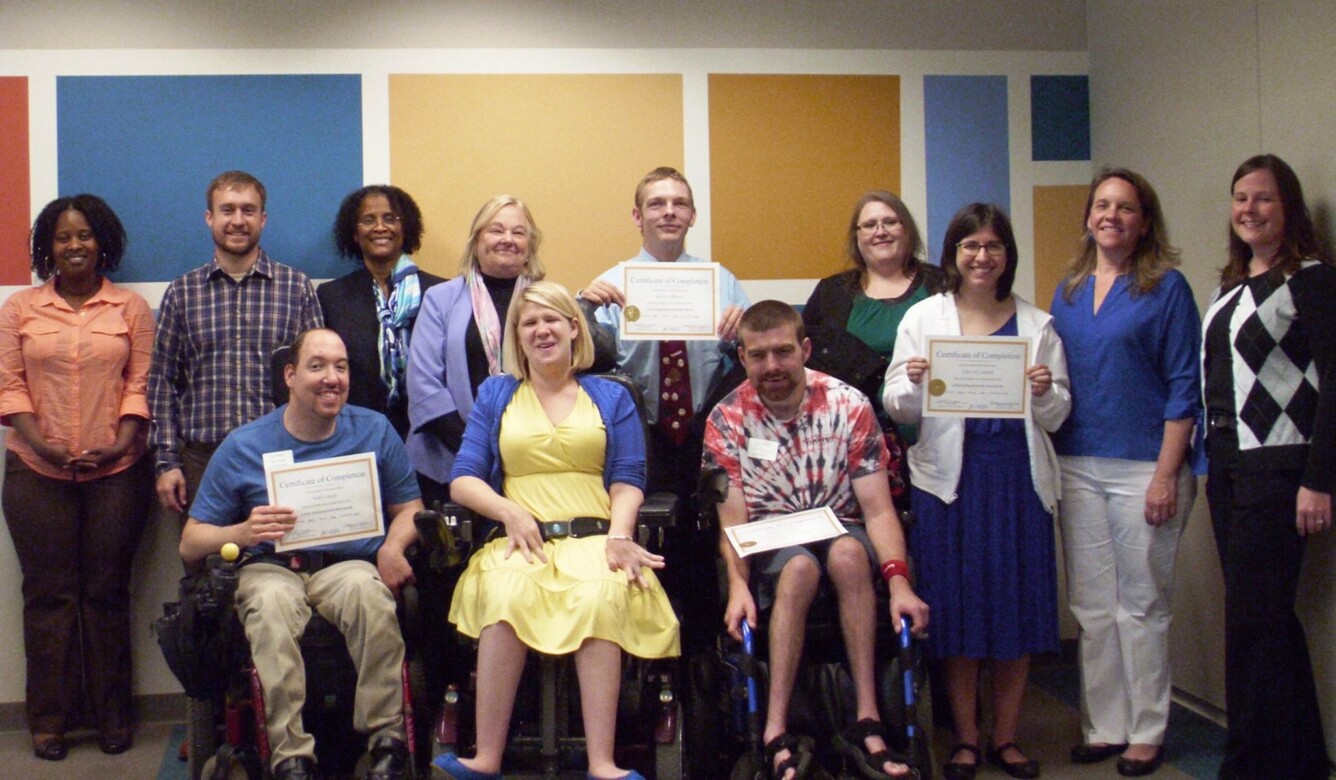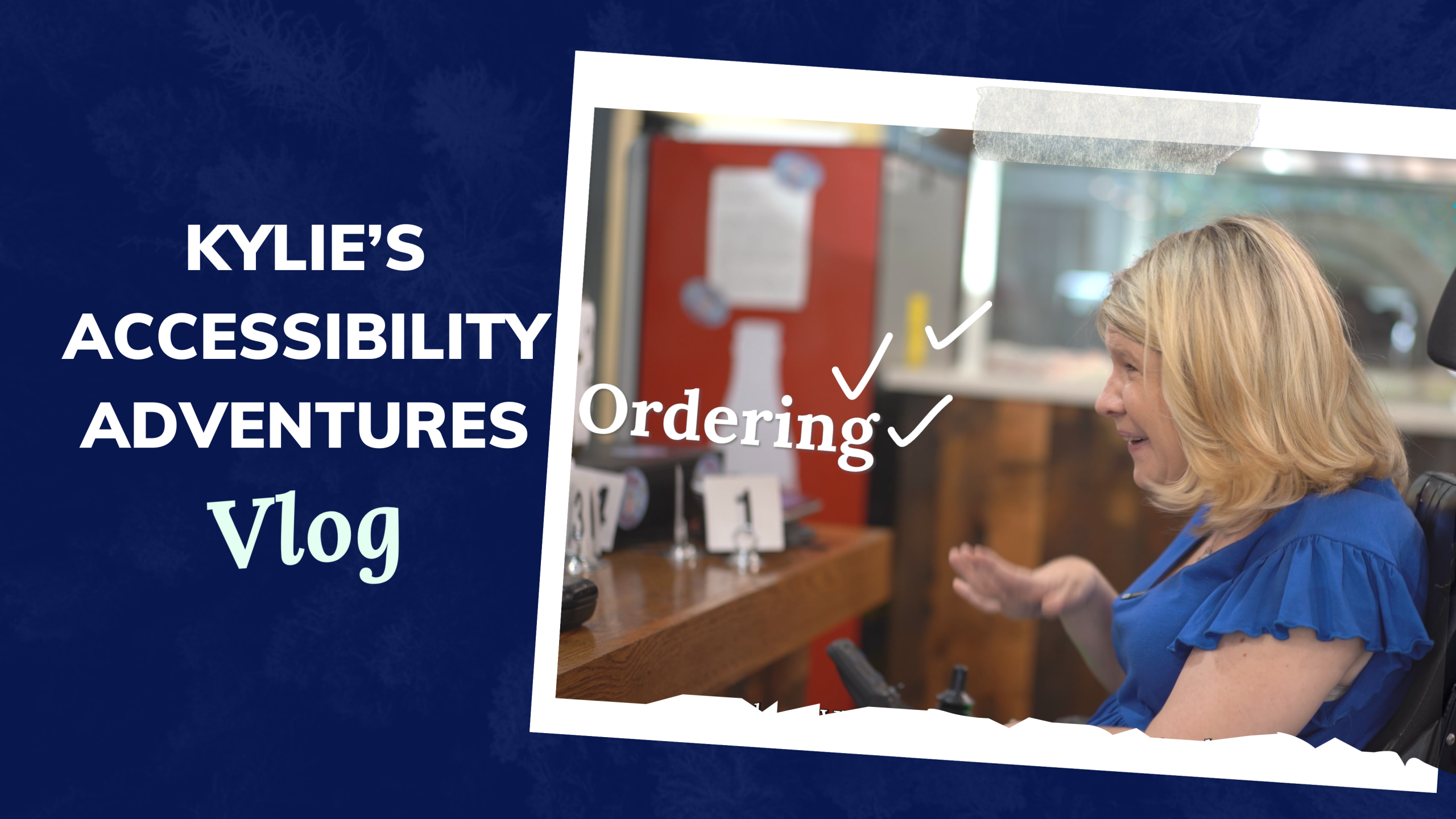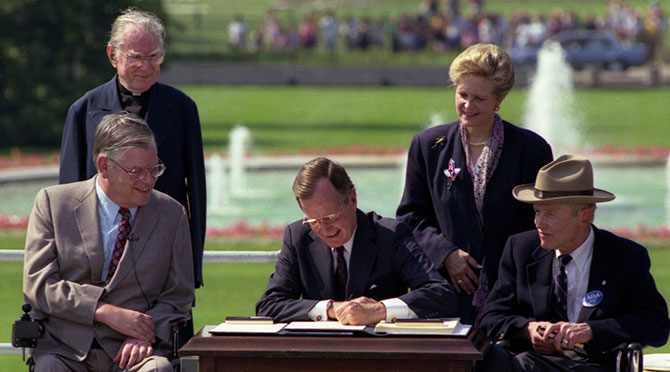By Kylie Moore
Being a self-advocate is a valuable skill that has helped me in many areas of life. One of the most critical areas where advocacy comes into play is the workplace. Finding the right job and maintaining it, can be challenging for a person with a disability. Yet, if you learn to advocate for yourself, you will be more successful in this process. The more active a person is in the employment journey, the more likely will be to find a job that is enjoyable and an organization that supports the individual and his or her needs.
Advocating to Find Employment
The first step is to discover what some of your strengths and interests are. One can do this by taking online career interest and personality tests. In addition, involve family and friends in the process. Ask them what jobs they think you would be good at. Next, consider weaknesses and how they might affect performance at different jobs.
The more a person understands their capabilities, the easier it will be to find jobs that match their strengths and skill sets.
If working with the State Vocational Rehabilitation Agency (VRA), it is important to ensure that you are working with them and not just sitting around waiting for them to find a job. Let them know what kinds of jobs you are interested in and what strengths and capabilities you can bring to an organization. Practice mock interviews with family and friends to be as prepared as possible.
While working with VR, I stayed in constant contact with my counselor to ensure progress. I researched and came up with a list of the top 25 organizations in the disability advocacy community that have captured my interest regarding my future career. My goal was to intern with one of them as a first step in my journey. I presented the list to my VR counselor. He went through it, contacted different companies, and got me an interview for an internship at All About Developmental Disabilities (AADD). At that time, AADD was a leading service provider for individuals with developmental disabilities. AADD hired me three months later as the Special Projects Coordinator. I came to the Bobby Dodd Institute as part of the merger between both organizations in 2018.
I found a job I truly enjoyed because I was actively involved in my job search, working with VR throughout the process.
Building Relationships with Your Supervisors
Once you find a job that fits your interests and capabilities, it is time to consider what accommodations you need at work. The Job Accommodations Network can help with this. It provides thorough information on all the accommodations under the Americans with Disabilities Act and other helpful resources.
Read job descriptions carefully; this will be an excellent reference for learning which tasks can be completed independently while assessing accommodation needs. Identifying individual’s accommodation needs is critical in preparing for a meeting with your supervisor.
Make sure to meet with your direct manager early in your journey with the organization. Initiate an open and honest conversation. Explain how you can perform the job best and the areas where an assistance may be required. Ask your supervisor about the specific job responsibilities and other expectations the organization has. Don’t hesitate to ask your supervisor if he or she has experience working with individuals with disabilities. If so, that is great and can be helpful during the transition. However, if the supervisor has never worked with employees who live with a disability, this is an excellent opportunity to provide expert insight. Give your supervisor etiquette tips on the best ways to interact with employees who have disabilities. By establishing an open and trusting relationship with your supervisor, is a requirement for success at any organization.
When I started working at AADD, I met with my supervisors to review my job duties and responsibilities. I created a list of accommodations for myself to ensure a smooth integration to work. Before I officially joined the organization, I presented that list. I reviewed each accommodation and explained how they would help me perform my job. I explained that I would need a cubicle that my wheelchair could fit under. I also requested an adaptive keyguard that could fit over my laptop, making it easier for me to type. I also asked if I could work from home three days a week because I lived an hour away from the office and had to rely on others for transportation. AADD provided me with these accommodations at a minimal cost to the organization.
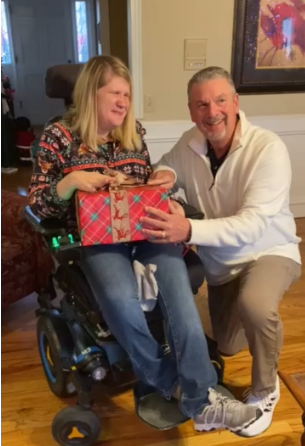
At BDI, I have worked with my supervisor, Jerry Sutton, for over five years. During this time, Jerry and I have developed a very close relationship. This type of professional connection is essential. However, it takes time to build. With each weekly project meeting, I felt more confident. Now, I can talk to him about any ideas or concerns I have at work. His support and encouragement helped me become a better advocate.
Building Relationships with Co-Workers
Building relationships with co-workers is vital when starting a new job.

Knowing the people you work with is always a good idea because it builds solid bonds and a strong team. It can also lead to a more positive work environment. Introduce yourself to your co-workers and tell them a little about yourself. If they have never worked with someone with a disability, you might want to give them some disability etiquette pointers. It may be helpful to develop some disability etiquette skits. These skits show the team how to work professionally and interact with a person who has a disability. Make sure you explain that just because someone has a disability does not mean that this person cannot perform the job to the best of their abilities. The more you can educate your co-workers on how to interact best and support people with disabilities, the more they will appreciate you, and the better your working relationships will be.
In Conclusion
Developing the ability to advocate for yourself and express what you need in the workplace is a critical skill that will help have a successful and rewarding career. As a self-advocate, you must drive your job search and be willing to work with different agencies to find the right job that matches your capabilities. Take time to learn things about yourself and how your specific disability might affect performance. These observations will help you determine the best accommodations at work. Make an effort to build strong relationships with supervisors and co-workers to establish a robust support system. Speaking up for yourself in your career can be difficult initially, but it’s crucial to your future success. The advocacy you demonstrate will not only help yourself, but it just may help others with disabilities advocate for themselves, too.
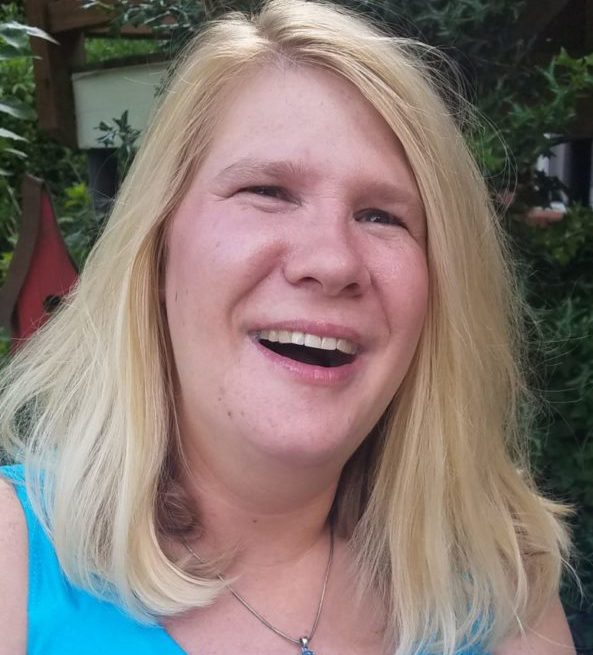
I’m Kylie Moore, a 35-year-old from Roswell, Georgia, living with Cerebral Palsy. I’ve dedicated my career to advocating for the disability community, creating self-advocacy programs, and serving on boards. I founded the Ambassador Program at AADD, received the Tom Miller National Advocacy Award in 2020, and now advise Arts InCommunity. When not teaching, I can be found watching the Georgia Bulldogs or my beloved New England Patriots play football or participating in wheelchair sports.

